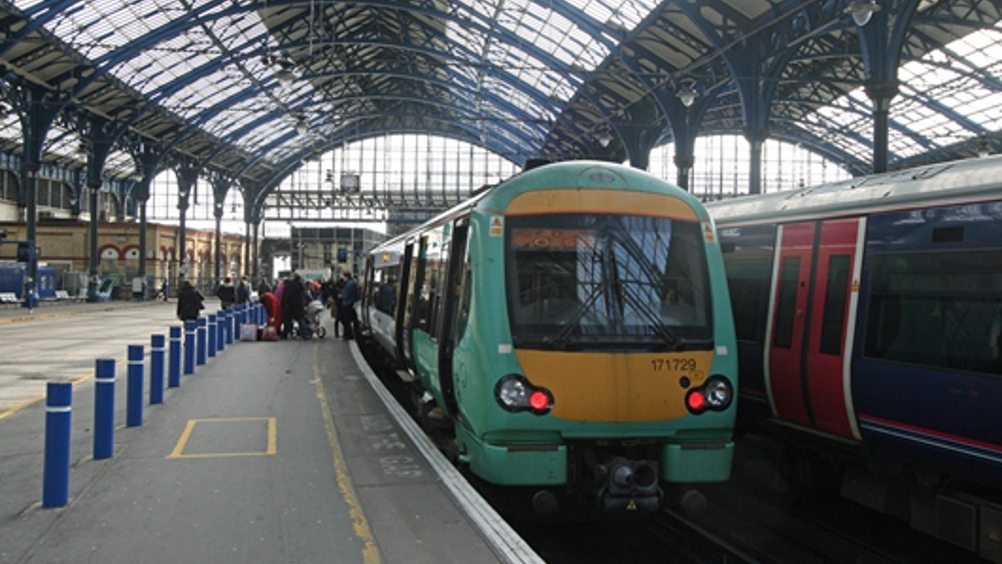Study says technologies could save on fuel for train operators
Train operators could save around £56m a year on diesel fuel, alongside associated emissions reductions, by implementing proven technologies on their existing passenger and freight units.

A study by Ricardo and the Transport Research Laboratory (TRL) for the Department for Transport (DfT) evaluated the cross-over potential of powertrain technologies from the heavy-duty automotive, marine and power-generation sectors.
Based on detailed cost-benefit analysis, it recommend fitting the latest gas-exchange turbocharger systems to current passenger trains and stop-start technology for freight.
‘Rail is unique in how long it keeps its vehicles — there’s never been a policy of mid-life engine change or upgrade,’ Jim Buchanan, head of rail vehicle technology at Ricardo, told The Engineer.
The UK rail network is approximately 31 per cent electrified, relative to 80 per cent in mainland Europe. Further electrification will take time and be limited, and so for the foreseeable future around 69 per cent of the network will be reliant on self-powered diesel multiple units (DMUs).
‘Up until the recession there was talk about replacing anything up to half the UK diesel fleet in the UK and that just went down and down. In Derby, Bombardier has just finished a batch of Class 172s, which are state of the art, but then that’s it. We still need a sizeable fleet to deliver the service everyday and we’re running these museum pieces,’ Buchanan said.
Register now to continue reading
Thanks for visiting The Engineer. You’ve now reached your monthly limit of news stories. Register for free to unlock unlimited access to all of our news coverage, as well as premium content including opinion, in-depth features and special reports.
Benefits of registering
-
In-depth insights and coverage of key emerging trends
-
Unrestricted access to special reports throughout the year
-
Daily technology news delivered straight to your inbox










National Gas receives funding to develop Gravitricity underground hydrogen storage system
One single rock salt mine - Winsford - has 23 <i>MILLION </i>cubic metres of void and even allowing for 10% of that void set aside for hazardous waste...